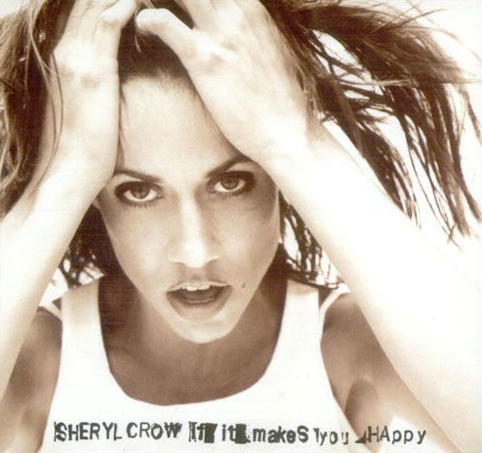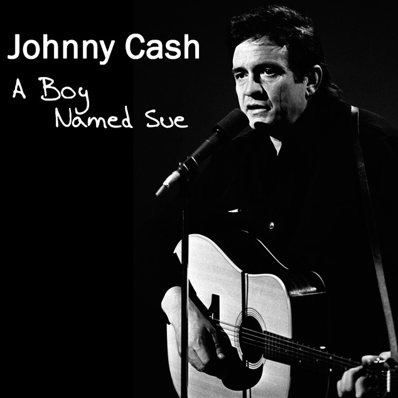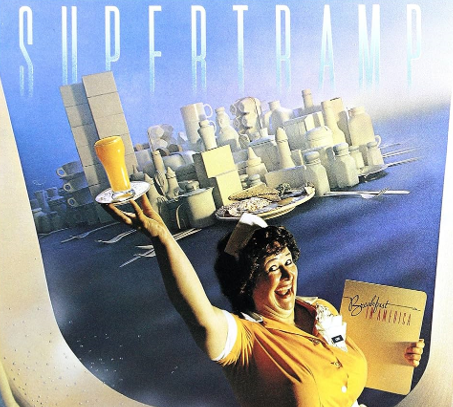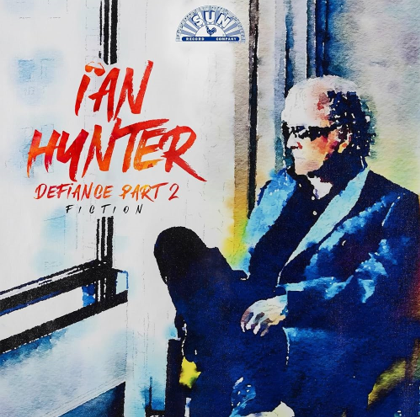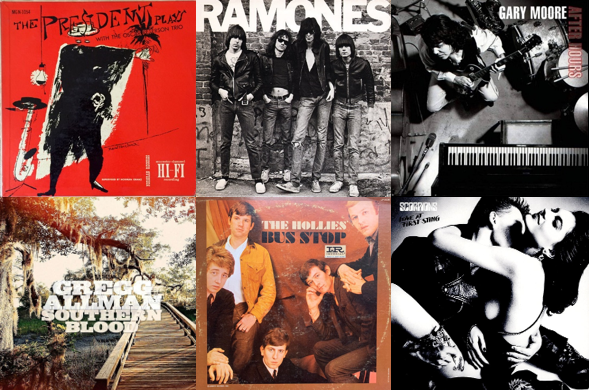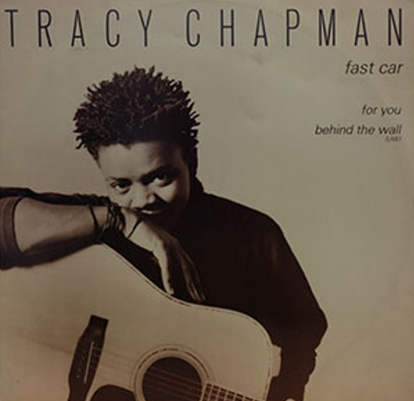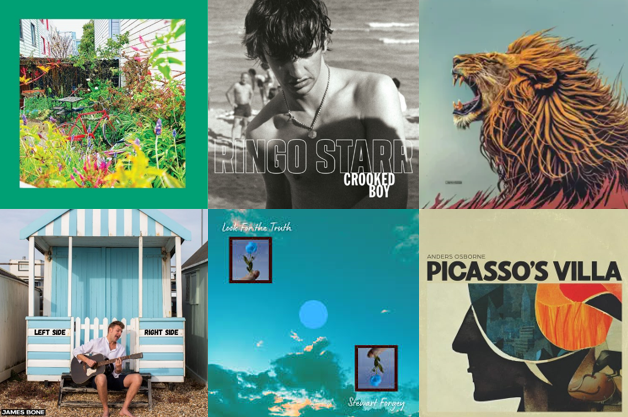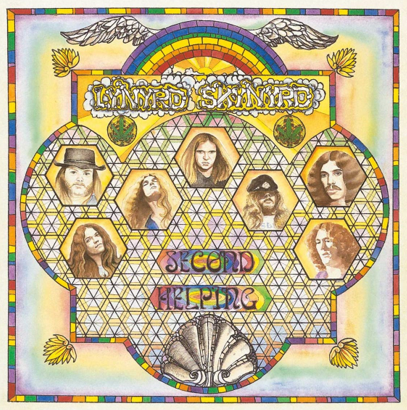When fellow blogger Max who pens the great PowerPop blog wrapped up his Max Picks song series earlier this month with selections for 1995, my first thought was, ‘I get it.’ After all, considering his taste, which is pretty similar to mine, finding great music for each year becomes more tricky the closer you get to the present time. But then I thought given how much decent new music I’ve been able to uncover each week over the past three years or so, why not continue where Max left it off.
Not only was Max generous enough to allow me to run with his idea, but he even agreed to participate in the continuation of the series by contributing one song pick for each year. Starting today, I’m hoping to publish the 29 installments every other week to get us all the way to 2024. This would mean the series would conclude sometime in the spring of next year. I realize that’s a long time to look ahead, so we’ll see how it goes and take it one post at a time. Here are song picks for 1996.
Jackson Browne/The Barricades of Heaven
I’m thrilled to pick up the series with Jackson Browne, one of my all-time favorite artists. The Barricades of Heaven, credited to Browne, Luis Conte, Mark Goldenberg, Mauricio Lewak, Kevin McCormick, Scott Thurston and Jeff Young, is a track from Browne’s 11th studio album Looking East, which came out in January 1996. Yep, that’s many writers but what a gem!
The Wallflowers/One Headlight
In May 1996, The Wallflowers released their sophomore album Bringing Down the Horse, which became their highest-selling to date. Undoubtedly, this performance was fueled by One Headlight. The album’s second single, which became the band’s biggest hit, was Max’s excellent pick. Like all other songs on the album, it was written by frontman Jakob Dylan.
Tom Petty and the Heartbreakers/Walls (Circus)
Next up is Tom Petty, another longtime favorite artist of mine. Wall (Circus), written by Petty, is the opener of Songs and Music from “She’s the One”. The ninth studio album by Tom Petty and the Heartbreakers appeared in August 1996 and served as the soundtrack for the American romantic comedy picture She’s the One, which came out the same year. Man, I dearly miss Tom!
Sheryl Crow/If It Makes You Happy
The title perfectly captures my sentiment about this next song. If It Makes You Happy, co-written by Sheryl Crow and her longtime collaborator Jeff Trott, is among my all-time favorites by Crow. Evidently, many other listeners agreed. The song, which appeared on Crow’s self-titled sophomore album from September 1996, became one of her most popular singles.
Shawn Colvin/Sunny Came Home
Admittedly, Sunny Came Home is the only song by Shawn Colvin I can name, but at least it’s a real goodie! Co-written by her and producer John Leventhal, not only did it become Colvin’s biggest hit, but it also won her two 1997 Grammy awards for Record of the Year and Song of the Year. The song was included on her fourth studio album A Few Small Repairs released in October 1996.
Johnny Cash/I’ve Been Everywhere
Wrapping up this first installment of the continuation of the song series is the Man in Black. I think I first heard I’ve Been Everywhere in a TV commercial. Written by Australian country singer Geoff Mack in 1959, the song was first popularized down under in early 1962 by rock & roll, pop and country artist Leslie William Morrison, professionally known as Lucky Starr. Later that same year, Hank Snow took it to no. 1 in the U.S. on the country charts. It has since been recorded by many other artists. Johnny Cash featured it on his November 1996 album American II: Unchained. I’m still puzzled how you can mention so many different places in rapid machine gun fire fashion without stumbling! 🙂
I’d like to leave you with a Spotify playlist of the above goodies – one down, 28 installments to go!
Sources: Wikipedia; Acclaimed Music; YouTube; Spotify
